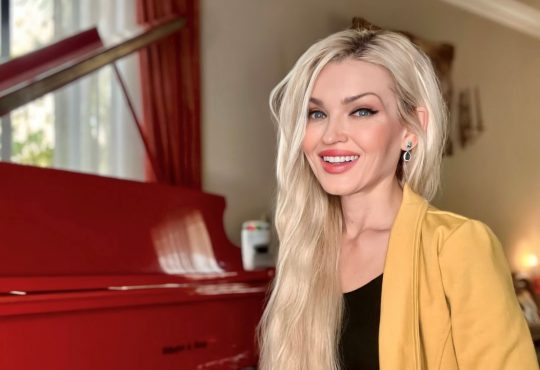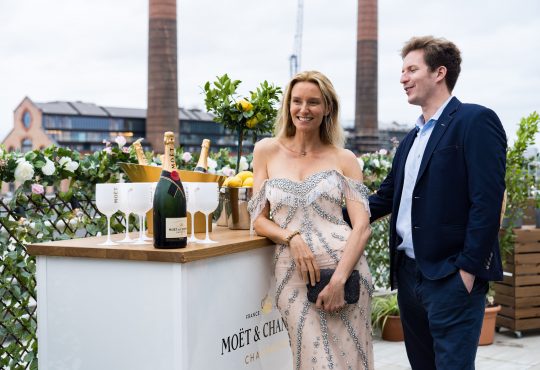
One of the many wise sayings handed down to children is to ‘choose your battles’, but it turns out our brains are not designed to choose the right ones.
Professor Nick Chater reveals in The Human Zoo on Radio Four tomorrow (Tuesday) that experiments have shown that people often choose the easiest option rather than the right battle.
“The metaphor of life as a competition is familiar and powerful,” said Professor Chater, of Warwick Business School. “Yet life isn’t one competition, but many. We compete for university places, jobs, houses, life partners; and perhaps less obviously also for parental attention, friends, places on the school sports team, popularity, respect, love.
“There are so many we can’t compete in them all, so we have to choose our battles. Yet when it comes to choosing, we aren’t very good at it.
“There are a lot of experiments where people are given an easy or difficult task; typically it is general knowledge questions. When given the easy task they think they have done well, but when given the hard task they think they have done badly. But in comparison to others they might have done well. So people typically choose the easy task as the one they want to be measured on, but you don’t know how you compare to others. What you really need to do is compare yourself to other people.”
This can be studied in the lab using simple games. For example, two people are told to distribute their counters in four boxes, but one person had more counters than the other. One of the boxes is chosen (this is the ‘battle’ they actually have to fight) and whoever had the most counters in the chosen box won. The fewer counters people had initially the more likely they would put them all in one box, to make sure they won if that box was chosen—as they know they can’t compete across the board. Th. is indicates that the weaker an individual, company, or nation, the more it pays to specialise.
“We can see this played out in life,” said Professor Chater. “A younger sibling may feel it is hopeless to compete with an older sibling’s academic successes and decide to concentrate on sport or music. A danger we always face is choosing to compete on things that ‘feel’ easy, but of course many other people will fall into this trap too! So the apparently easy options (for example, becoming a successful novelist rather than a successful quantum physicist) may turn out to be the most crowded: what appears the easy route, in fact turns out to be the hard option.”
Listen to The Human Zoo on Tuesday June 24 at 3.30pm on BBC Radio Four. It is the start of a new series and will be on every Tuesday.








